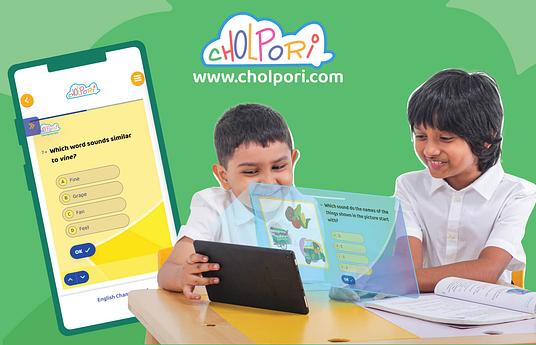To address students' crucial need to cultivate research skills and critical thinking. The platform offered scientific exploration, fostering creativity and analytical abilities. Empowering students through hands-on research projects aims to shape future innovators to reach Qatar Vision 2023, where students play an active role in achieving educational and innovative excellence.
The Comprehensive Scientific Research Program involves students engaging in hands-on research projects and exploring scientific exploration to cultivate research skills and critical thinking. The program provides a unique platform fostering creativity and shaping students as active partners in achieving educational and innovative excellence aligned with Qatar Vision 2023.
Adopting the Comprehensive Scientific Research Program has spread through active promotion within Qatar Science and Technology School, utilizing various channels like school events, social media, and collaborations. The program's success and achievements have contributed to its dissemination as students, teachers, and the community recognize its positive impact. In addition, Research and projects are mandatory teaching subjects marked in the student's marks report, and students have to take them from grade 9 to 11. Many local and international institutions (such as the ministry and universities) announce their scientific competitions. Our students know that one reason for their success in such competitions is the experience they will gain by enrolling in the scientific research program.
Contact the school administration or visit the program's dedicated section on the school's website. Information about enrollment, participation guidelines, and upcoming events will be provided for those interested in exploring and joining the innovative research initiatives.



